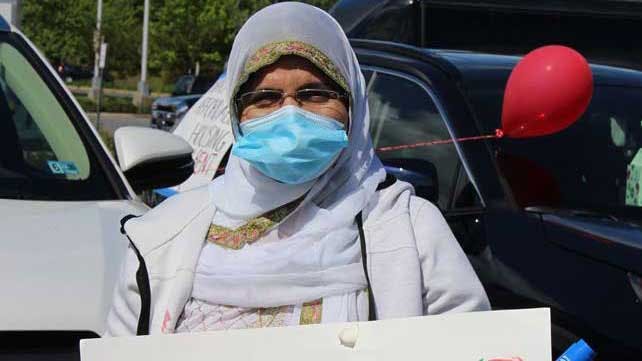What’s Really Killing Us?
Many South Asian Americans were facing poverty and other systemic issues long before the coronavirus hit. Now, the virus is making them much worse.
Nargis Mughal is a Kashmiri American social worker living in Arlington, Virginia. In early March, her father, Zubair “Jimmy” Khan, came down with a fever that just wouldn’t break. As states declared lockdowns, Khan took a test for COVID-19 on March 13, and five days later was diagnosed with one of the first 200 known cases in the Washington, D.C. area.
Khan, 50, had been working as an Uber driver and was most likely exposed to the coronavirus on the job. He spent the next two months in a life-or-death fight with the disease. “Every single day, I was afraid that we’re going to get a phone call that said, ‘Hey, your father’s passed away. You’re not going to even be able to do a funeral for him,’” Mughal said.
Khan’s story is one of many highlighting what immigration and racial justice advocates have been arguing long before the pandemic started: South Asian Americans are far from a uniform, well-to-do “model minority.” Many in the community were facing inequitable healthcare access, poverty, and limited access to government aid before the pandemic. And as the U.S. crosses two million coronavirus cases and infections continue to rise in at least 21 states, the pandemic is making those issues worse — especially for those at high risk in “essential” occupations.
